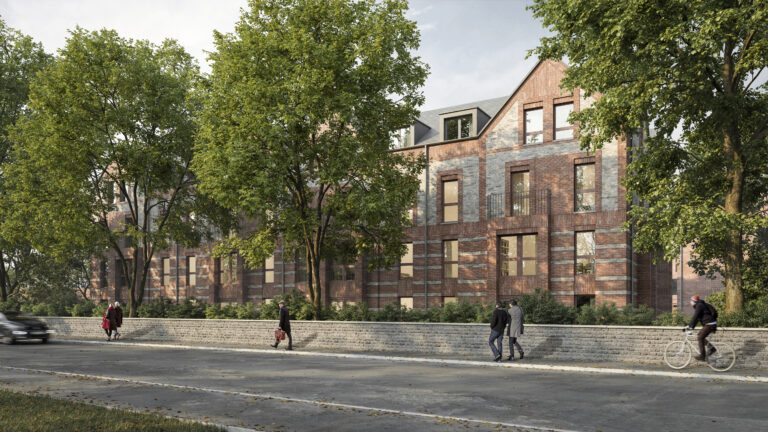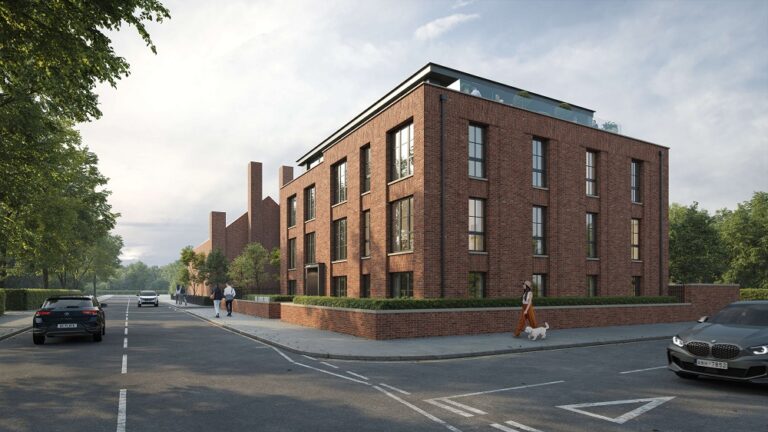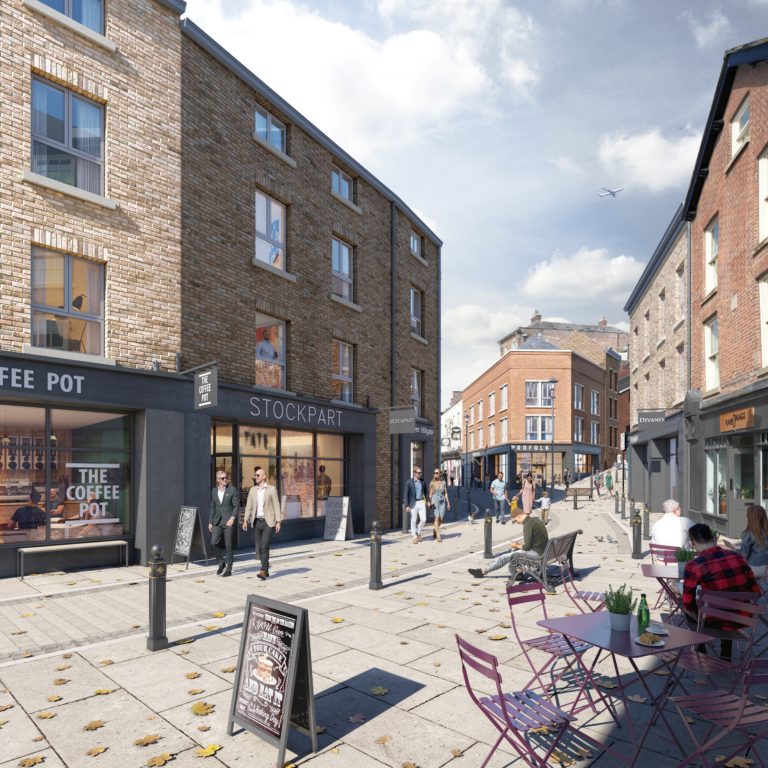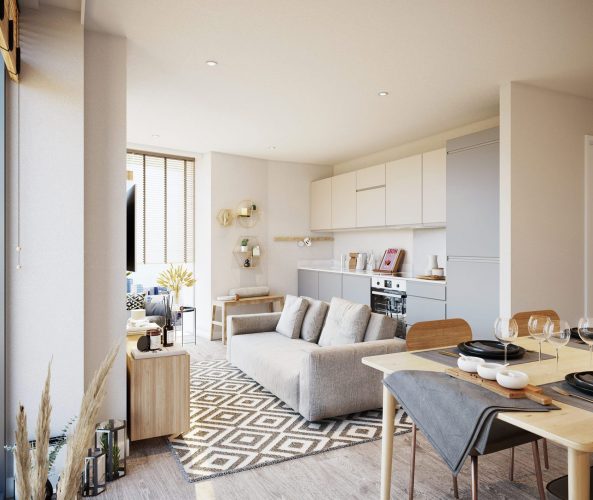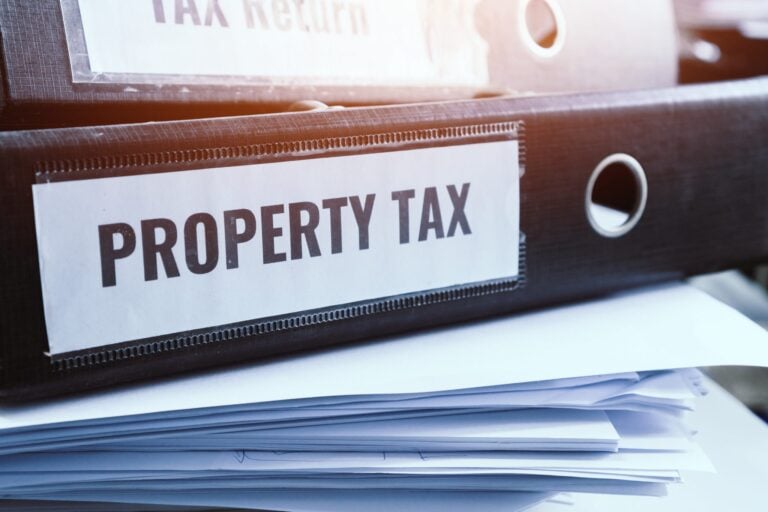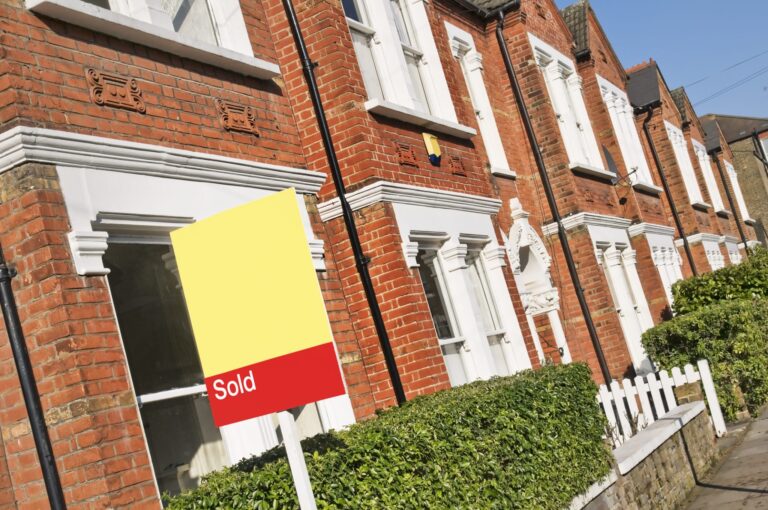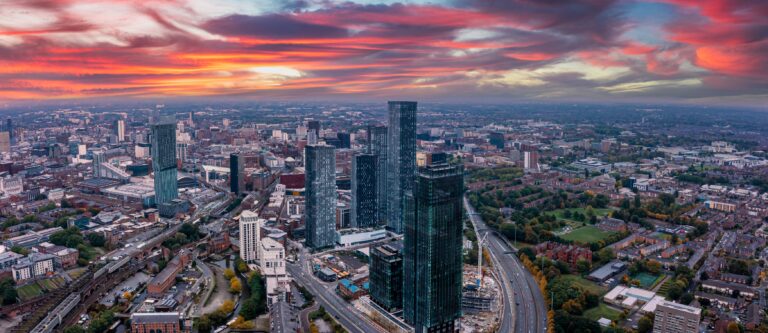No one can predict the future, but that doesn’t stop us from speculating. With the population growing, urbanisation has been dominating conversations surrounding the landscape of tomorrow.
It’s true that cities are growing, but what will they look like in the future? With society undergoing shifts in the way people choose to live, transport, farming and energy generation are all changing. With this in mind, it’s fair to assume the cities of the future will be considerably different to the cities of today – but just how different?
Let’s take a look at the future of cities.
Transport
With pollution and congestion increasing by the year, cities are wondering if the future would be better with fewer cars. Alternative travel methods like trains and buses have already made an impact, and if this is to continue, we can only assume the future will feature more facilities and routes designed to accommodate public transport. Adding to this assumption is the existence of companies like Uber and car-sharing services like London-based Hiyacar, who allow non-car owners access to a ‘shared’ vehicle.
A future with fewer car owners is bound to have an impact on the infrastructure of cities, not least because cars take up so much physical space. Fewer motorways and large parking structures will lead to a city which is ultimately more geared towards pedestrians, cyclists and public transport users. That isn’t to say car use will be completely eradicated, but it’s clear the future will see a distinct move towards electric vehicles. In the UK alone, there could be as many as 36 million EVs on the road by 2040 and cities will have to add services like quick charge points to keep up with changing demand.
Green space
The growth of cities has led to fears over environmental sustainability. Green spaces can massively benefit the population, particularly in regards to combating the effects of pollution.
In the future, cities will have to come up with more ways to incorporate green spaces into the urban landscape. The Mayor of London has committed a £12 million grant to the Greener City Fund, helping to finance the planting of more trees and the development of green infrastructure in the city. If this is any indication, we can expect to see an uptake in facilities like roof gardens and parks situated in urban centres around the world.
Farming
Farms may not be the first thing to spring into mind when thinking about the city, but it is one that’s come up time and again during the debate surrounding sustainability in cities. Population growth and food shortages are a real fear of the future, and with an estimated two-thirds of the population expected to live in a city by 2050, food production warrants a thought.
So-called urban farms are a forward-thinking concept that’s taken hold in recent years. With greater emphasis now being placed on food sources, eating locally grown food is even more sought after. Technology now allows food to be grown in more non-traditional places, which means the city of the future is bound to house more than a few vertical farms. Such farms can be situated anywhere from a rooftop, to an underground air raid shelter – the latter of which has already been used for such a purpose.
Energy
In Europe alone, approximately 74% of the population currently live in cities – and this is only expected to increase with time. In order to accommodate the growing population of cities, current methods of energy generation will have to evolve into something more sustainable.
Future cities will be smarter ones, relying on more green methods of energy generation like solar and wind. Of course, this means the infrastructure of cities will have to change in order to accommodate this. We’ll witness more and more buildings with solar panels and equipment to allow energy generated by wind power. It’s possible cities of the future will see an increase in smart grids as well in order to optimise solar and wind powered energy.
Article contributed by Graeme Risby, co-founder and CEO of Hiyacar.

